
What's Your Skin Type?
Do you know your skin type? If not, it’s time to find out. Knowing your skin type is key in choosing the right products for your unique skin and planning a routine for a healthy, glowing complexion. For example, heavy moisturizers can leave oily skin types with breakouts. Similarly, not enough moisture can leave dry skin types irritated and inflamed. So how do you know if you have oily skin, dry skin, or something in between? Keep reading for our guide to the different skin types and how to find out your skin type.
What Determines Your Skin Type
Your skin type is influenced by a number of factors, genetics being the biggest. Thus, if your skin is oily, you can probably thank mom and dad for the excess sebum production.
But external influences can also come into play, including:
-
Climate
-
Weather
-
Seasons
-
Medications
-
Hormones
-
Age
If you’ve ever moved to a different climate and had to overhaul your skincare routine, you know exactly what we’re talking about. This is also why some people experience different skin types in the winter and summer.
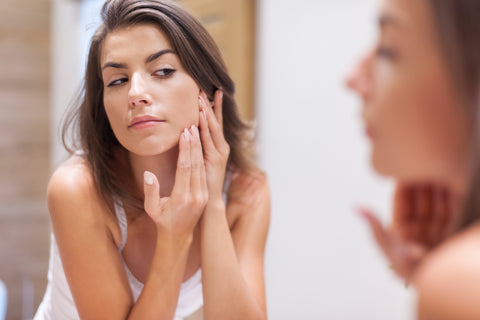
How to Find Your Skin Type
Luckily, it’s very easy to find out your skin type at home. First, wash your face with a gentle cleanser like Truffle Therapy Whipped Cleansing Cream. Pat skin dry with a soft towel, then leave bare for two hours. Do not use any lotions, toners, serums, or moisturizers.
After the two hour period is over, examine your skin, taking note of how your skin looks and feels. Then match up your findings to one of the skin types below.
The Most Common Skin Types
Oily Skin Type
Signs of an oily skin type include:
-
Glossy shine all over
-
Large pores
-
Slick texture
Oily skin produces too much sebum (an oily substance secreted by the skin’s sebaceous glands). Oily skin types are more prone to breakouts and enlarged or clogged pores. On the plus side, oily skin tends to be more resistant to fine lines and wrinkles.
If you have oily skin, exfoliate regularly with Truffle Therapy Face Gommage to keep pores clear and skin acne-free. Avoid harsh cleansers and acne treatments, since these kinds of products can cause oily skin types to produce even more oil.
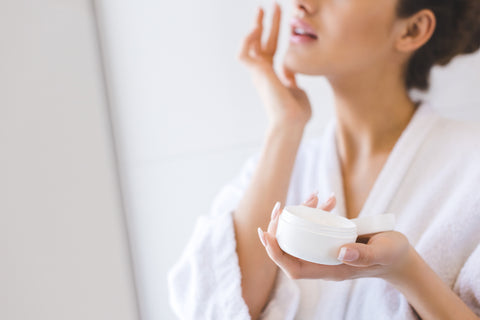
Dry Skin Type
Signs of dry skin include:
-
Feeling tight and uncomfortable
-
Fine lines
-
Patchy texture
Dry skin types don’t produce enough sebum, which leaves skin more likely to develop fine lines and wrinkles. But dry skin does have the benefit of having very few breakouts, if any!
Like with oily skin, it’s important to exfoliate dry skin regularly to remove layers of dull, dead skin. Use an oil like Truffle Therapy Ultra Pure Facial Oil to lock in hydration while you sleep, since skin loses moisture overnight.
Normal Skin Type
Normal skin will have a slight shine on the forehead and nose with an overall smooth texture. For normal skin types, oil production is perfectly in balance. If you have normal skin, congratulations! Your skincare routine is effective and working correctly.
Remember, your skin type can change over time. So test your skin type periodically or whenever you feel like your products are no longer working.
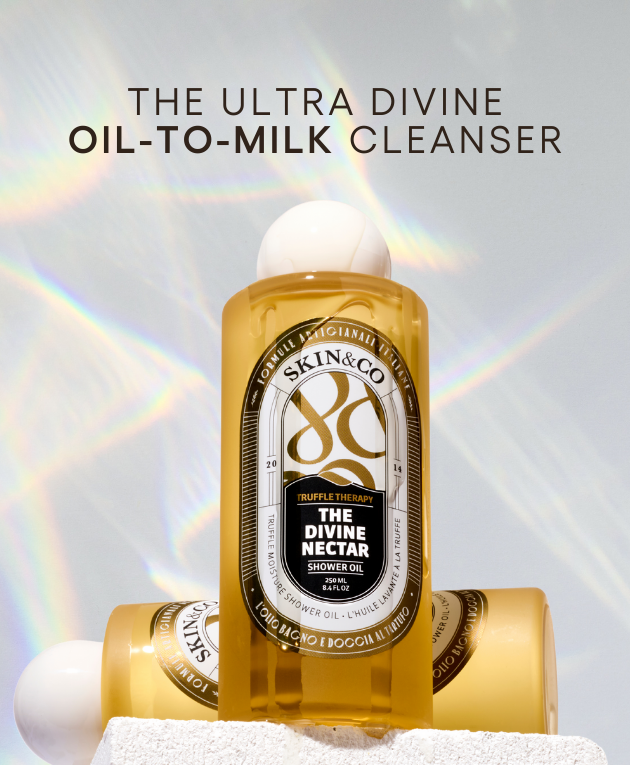
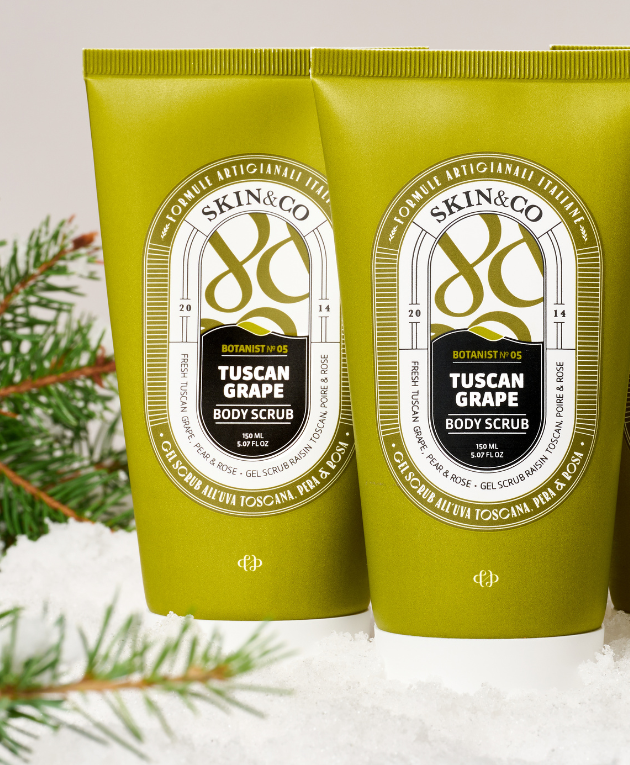
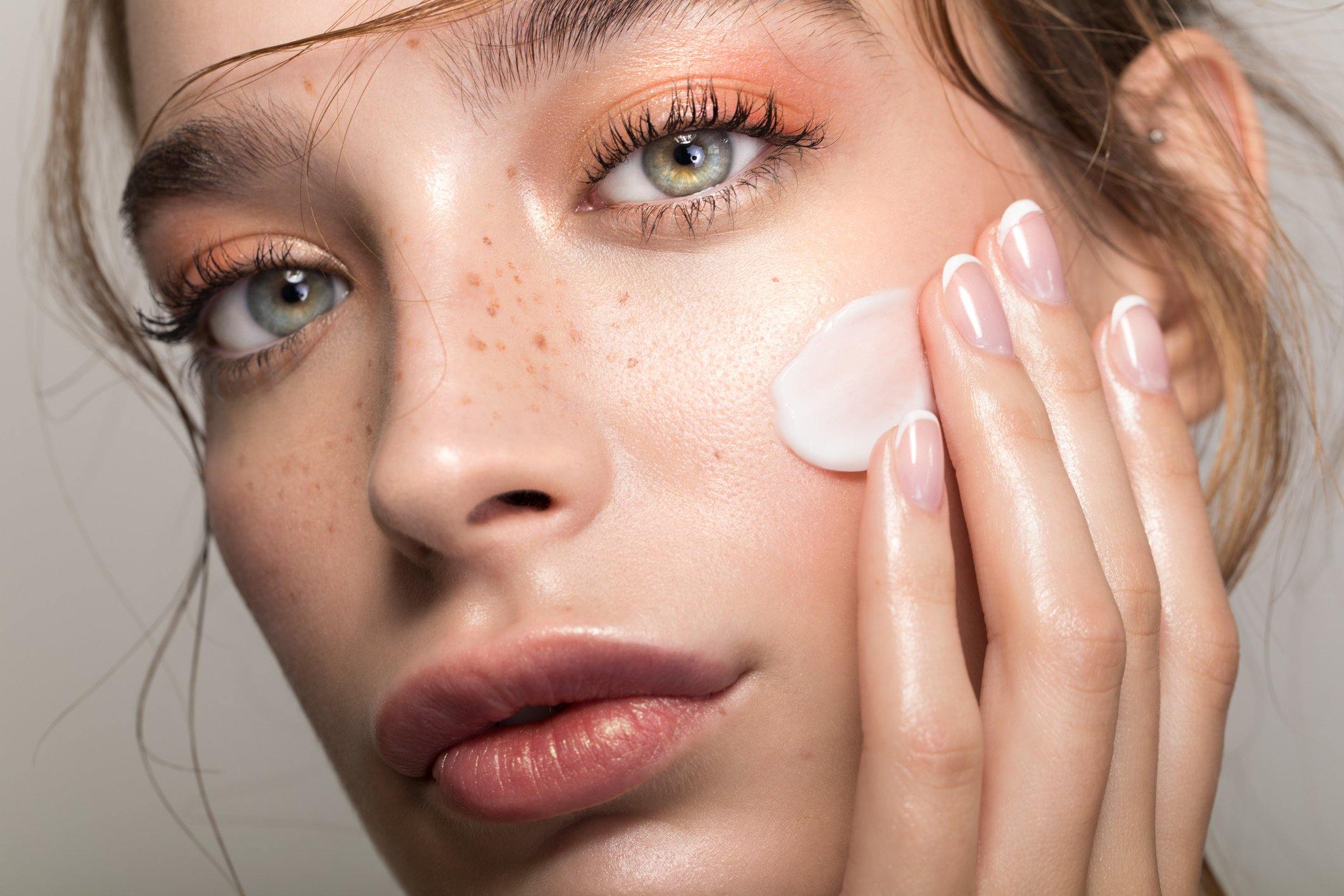
Leave a comment
This site is protected by hCaptcha and the hCaptcha Privacy Policy and Terms of Service apply.